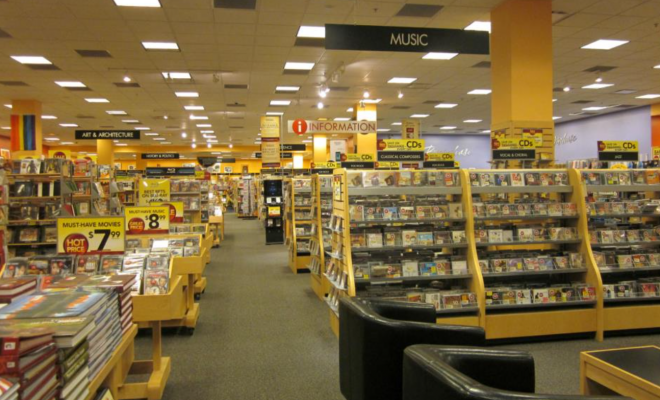
Extreme
Bankruptcy Claims Filed by 10 Popular British Brands
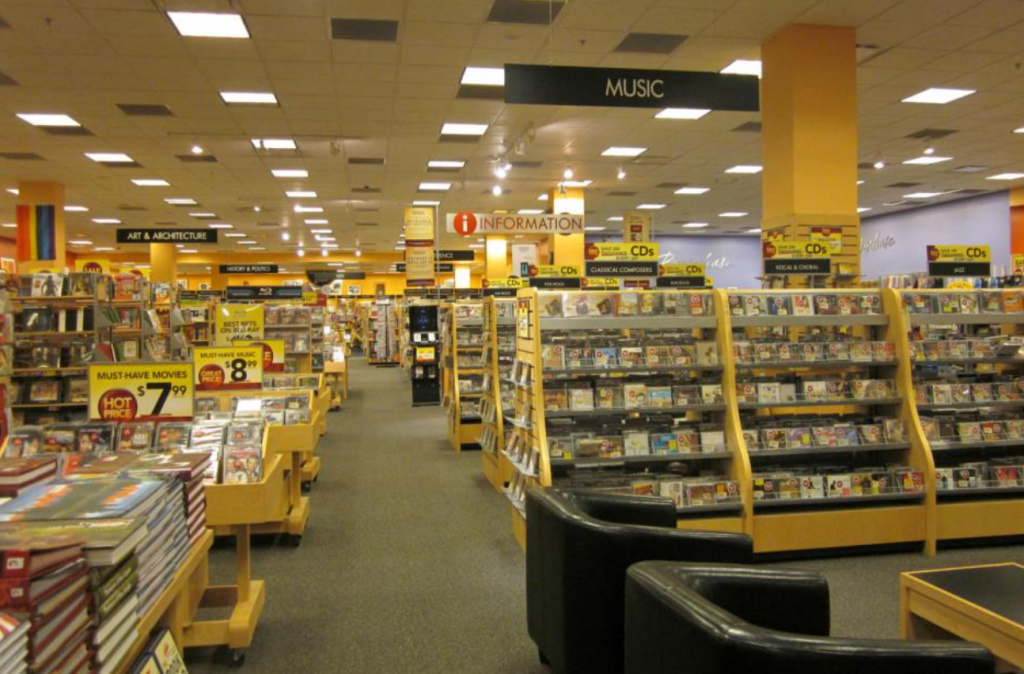
While the U.S. is known for its large shopping malls, the U.K. cherishes its small family-run shops that have been passed down through generations. When one of these stores closes, the entire community feels like a loss. Today, we take a look at some of the most unexpected British brands that have shut down. These iconic shops were once part of a legacy, but unfortunately, they had to close due to various reasons. Keep scrolling down to find out why and how it happened.
Jane Norman – 2011
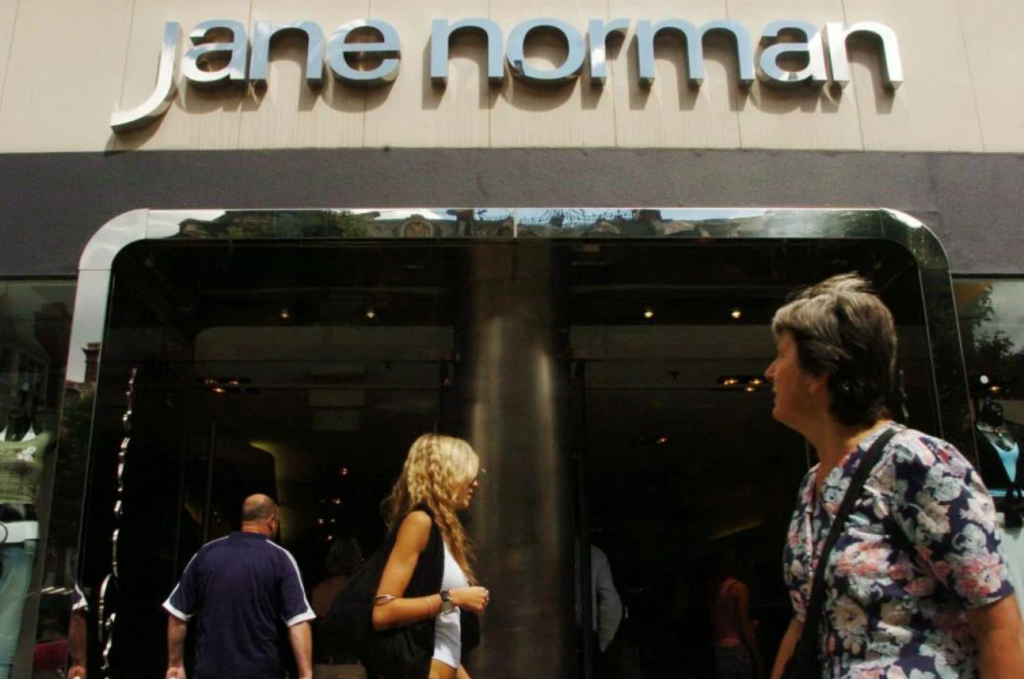
Norman Freed established the company in 1952, and remained a family-owned business for many years. However, in 2005, Baugur Group acquired it for £117.3 million. Sadly, by 2011, the company had shut down all its 90 stores and announced losses of £140 million. As a result, around 1,600 employees lost their jobs, and nearly 100 concessions across the U.K. were closed.
Principles – 2009
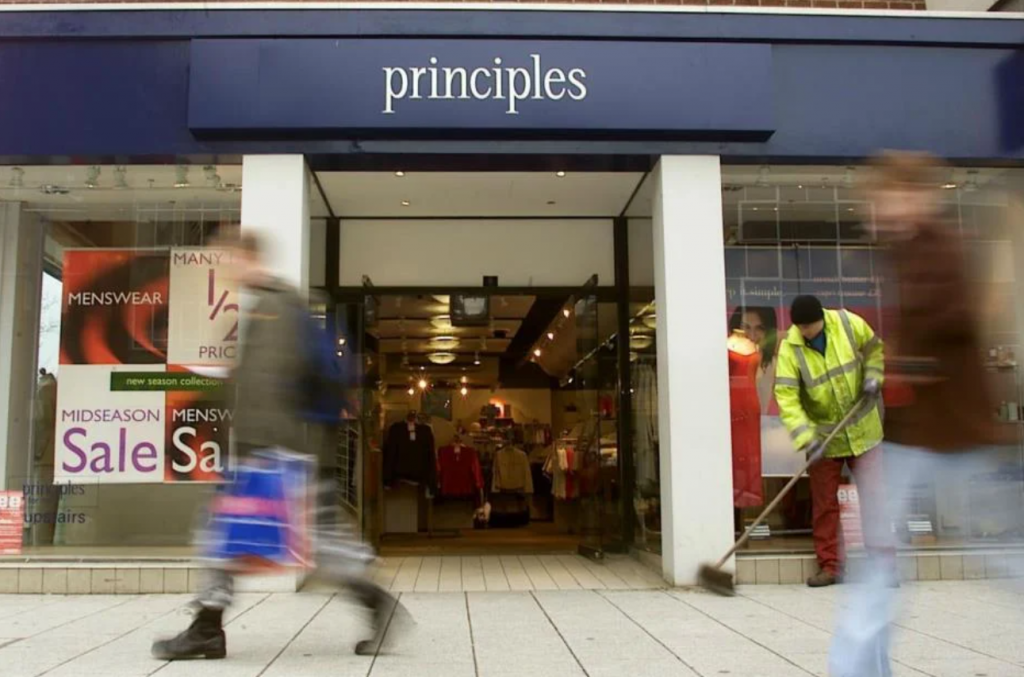
In 1984, this fashion retailer was established with the aim of bringing high-end fashion trends to the general public, and it quickly gained popularity. The brand even played a role in setting and creating many trends of that era. However, in 2009, the brand suffered a total collapse when it was not included in a merger deal by its parent company, Aurora Fashions. All of its physical stores closed down, but Debenhams has since acquired the brand and continues to sell most of its merchandise.
MFI – 2008
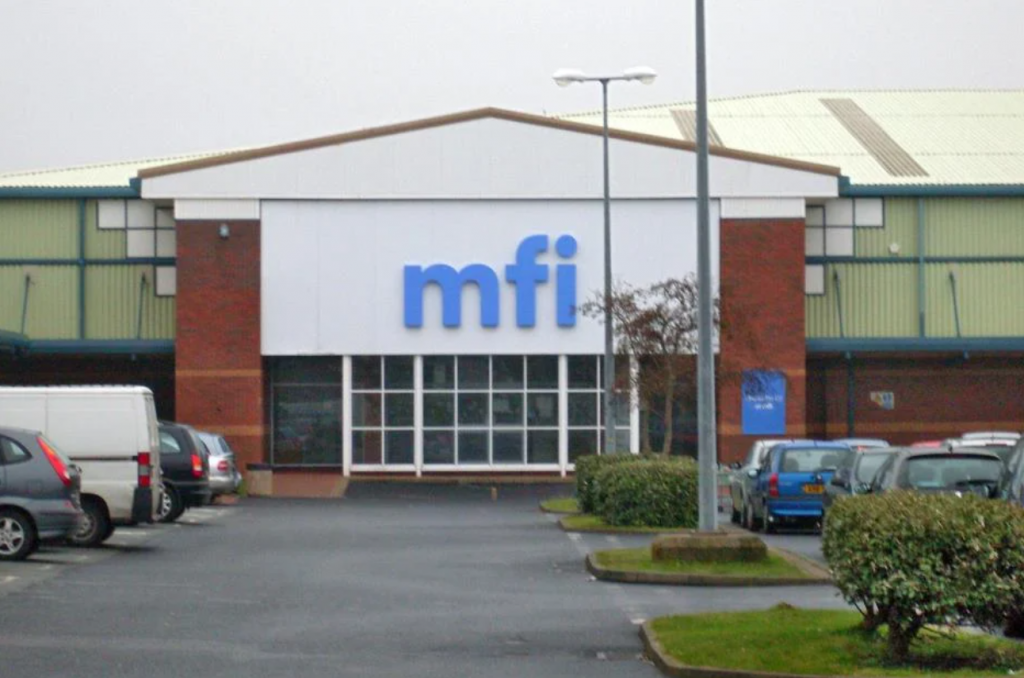
The furniture retailer, established in 1964, quickly became one of the largest in its industry. It even earned the reputation of being responsible for 60% of all British children being conceived in bedrooms from MFI, according to a survey. However, the company suffered during the recession and the slump in the housing market, from which it was never able to recover fully. In 2008, the company went into administration and failed to find a buyer, leading to the closure of all 111 of its stores.
Woolworths – 2008
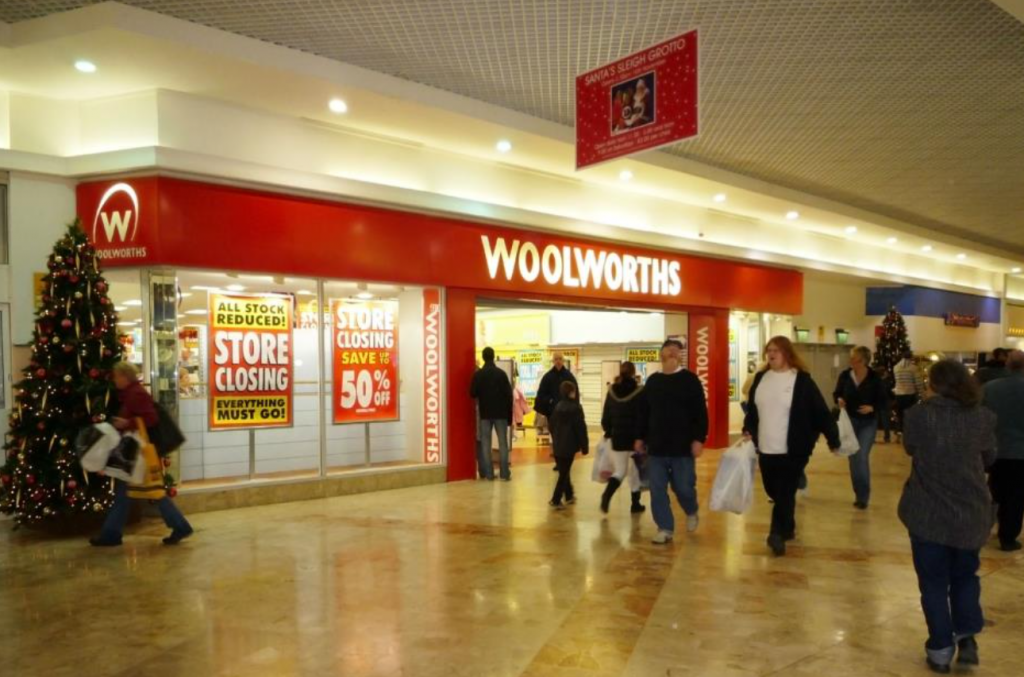
The initial Woolworths store, affectionately known as Woolies, opened its doors in 1909. By the time the First World War arrived, the company had 40 stores throughout the U.K. In 1934, it had 600 branches; by 1982, that number had increased to 1,000. However, the company was divided due to internal management conflicts, and despite rebranding attempts, the new strategy was unsuccessful. In 2008, Woolworths went bankrupt. All of its stores closed between December 2008 and January 2009, leading to the loss of 27,000 jobs.
The Gadget Shop – 2005

As children of the 90s, we all remember buying some fascinating yet unnecessary gadgets from this store. The Gadget Shop had 45 branches across the U.K. at the peak of its success, employing 700 people. However, it failed to compete with online retailers and was eventually purchased by the owners of the Entertainer in 2005. All of its physical stores were closed, and it continued to operate as an online-only business. Nowadays, Gadget Shop products can still be found in other electronics stores.
Tandy – 2001
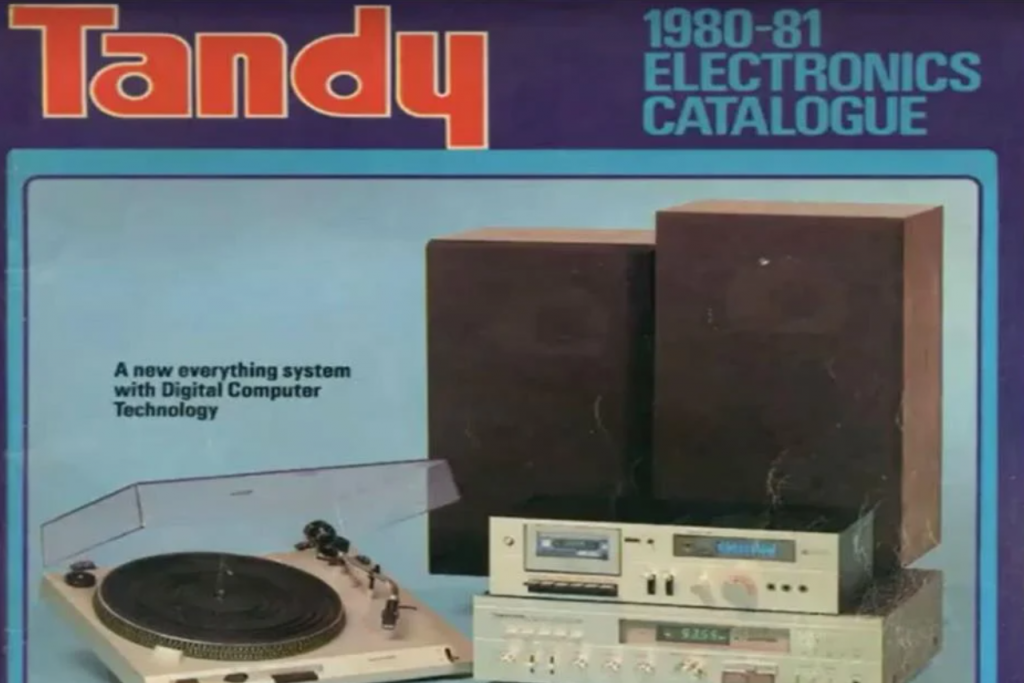
Those who grew up in the 80s and 90s cannot forget the bright red and bold letters of the Tandy stores around the U.K. At its peak, the company had over 200 stores in major cities across the country. Unfortunately, after being acquired by Carphone Warehouse, Tandy bid farewell to 28 years of U.K. trading in 2001. However, the brand still sells its products online at tandyonline.com, so it is not the complete end of Tandy.
Freeman, Hardy & Willis – 1999
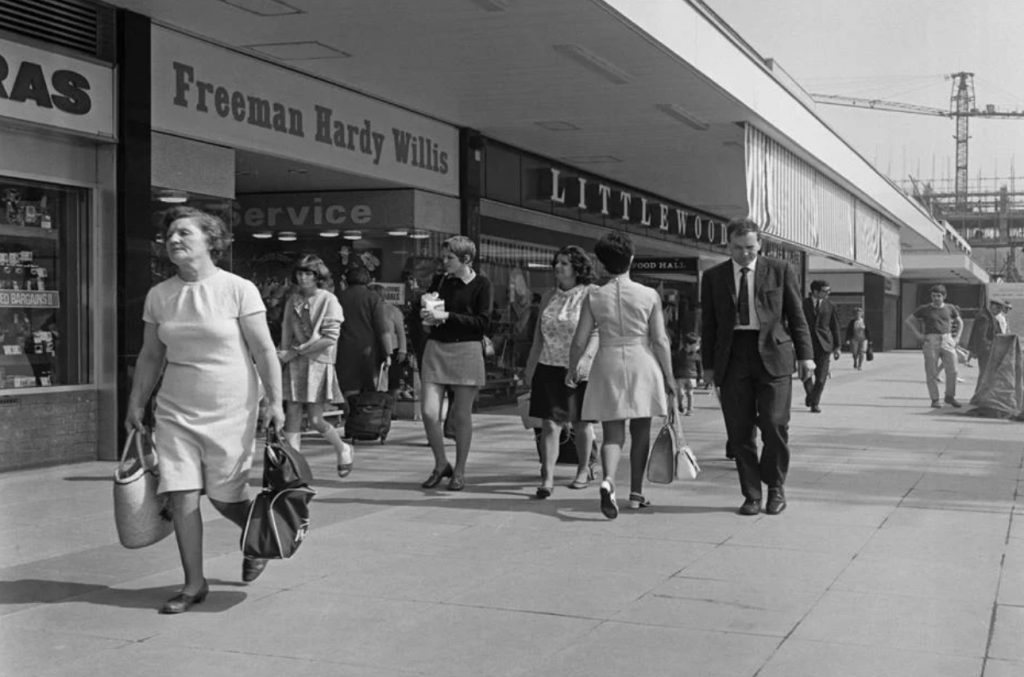
Although unfamiliar to young readers, this footwear chain was a significant part of the United Kingdom’s history. Founded by a Russian immigrant in 1875, the store quickly gained popularity and had a branch in almost every town in the U.K. Unfortunately, after 100 years of operation, the company ceased trading in 1999. Many of its stores were converted to Hush Puppies shops but were also unsuccessful.
Rumbelows – 1995
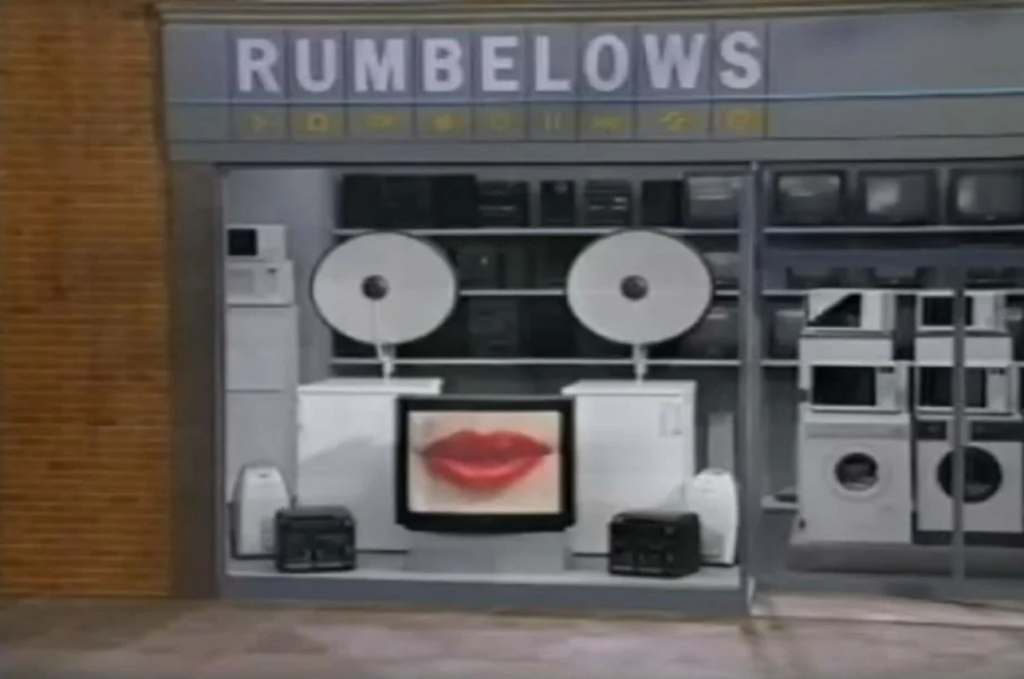
The company had its beginnings in the 1950s as a shop selling televisions and radios. It rapidly expanded and established a presence throughout the United Kingdom. Rumbelows had hundreds of stores by 1970, and it was later sold to another business in the 1980s. Unfortunately, the new management was unable to revive or modernize the brand, and by 1992, it was revealed that the company was losing £12 million per year. In 1995, Rumbelows closed the doors of its final 285 stores, ending its era as a popular electronics retailer.
Thomas Cook
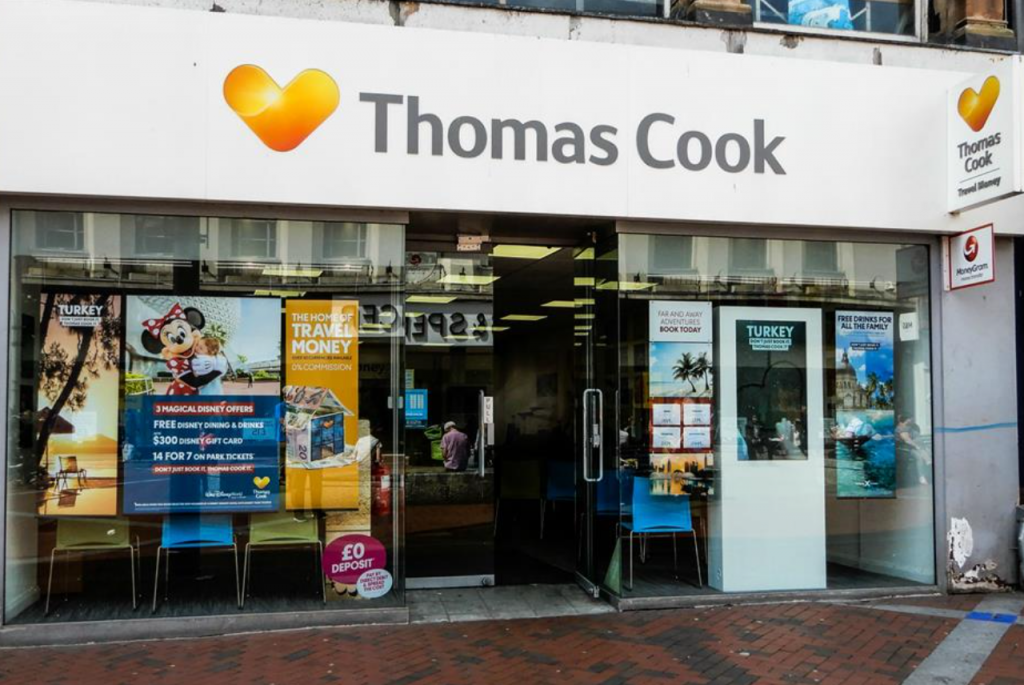
In 2007, Thomas Cook was formed after a merger between Thomas Cook AG and MyTravel Group plc, resulting in a successful travel agency that became a popular choice for travelers in the U.K. However, with the convenience of online booking, more people began planning their own trips, causing a decline in business. In 2018, the company reported a loss of £1.5 billion for the first half of the year, ultimately leading to bankruptcy. All of its physical stores were closed, and 21,000 employees were laid off. This resulted in 600,000 customers being stranded abroad and initiated the largest peacetime repatriation in the history of the U.K.
Past Times – 2012
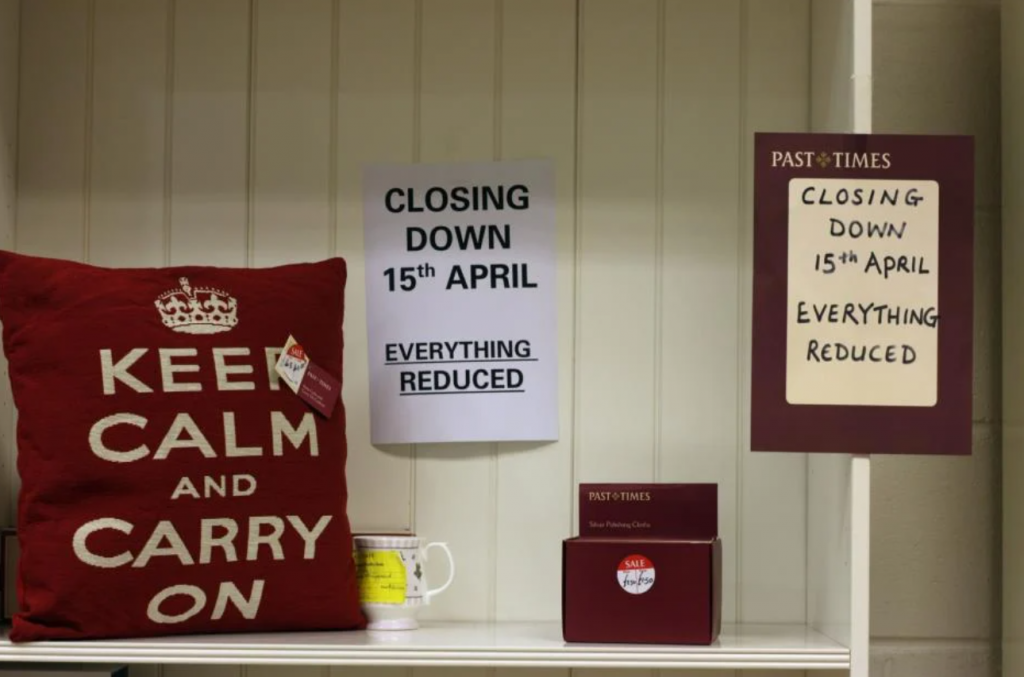
In 1986, a high-street retailer that specialized in retro-style gifts and goods was established and quickly found a dedicated niche market for its products. The company was renowned for producing quintessentially British merchandise. However, not much information is available on the reasons that led to the brand’s closure of its 97 stores throughout the United Kingdom in 2012. WHSmith purchased the brand name in 2012 and also shut down the Past Times website.




0 comments